eCommerce Connectors are handy SaaS solutions for your eCommerce business.
Each online shop creates a lot of data that needs to be transferred to ERP, CRM, or email marketing systems. This is a matter of fast selling, fast shipping, and overall fast servicing. The competition grows fast.
I believe that all online shop owners know what the automation of operational services means for their business and cost efficiency.
In today’s digital landscape, managing an eCommerce business requires the seamless integration of various systems—inventory management, sales platforms, marketing tools, and customer support channels, to name a few. eCommerce connectors make this possible, acting as intermediaries that enable data to flow effortlessly between these systems, helping businesses automate tasks and operate more efficiently. Here are five standout eCommerce connectors worth using to optimize business operations, boost productivity, and drive growth.
Jitterbit Connectors
eBridge Connections was bought by Jitterbit company in 2022. It is one of the most popular eCommerce connectors in the USA. It powers Magento, WooCommerce, and Shopify integrations with the leading ERP and accounting packages such as Microsoft Dynamics, Sage, NetSuite, SAP Business One, Epicor, and many others. The benefits of this integration for merchants are:
- Eliminates the need for manual data entry between the store and the merchants’ accounting package
- Allows merchants to save time and money while avoiding the possibility of costly errors
- Increases the speed of data exchange, improving customer service efficiency
- Frees up merchants’ time and resources to focus on growing their business
Key Features:
– Pre-built Connectors: Jitterbit offers pre-built connectors for popular eCommerce platforms like Shopify, Magento, and Salesforce, along with hundreds of other tools.
– API Integration: With its robust API integration capabilities, Jitterbit allows businesses to create custom workflows and connect disparate systems, ensuring that all applications communicate effectively.
– Real-Time Data Synchronization: Jitterbit enables real-time data updates, ensuring that information across your eCommerce, CRM, and ERP systems is always up-to-date.
The biggest strengths of a Jitterbit Connections integration solution are:
- A fully managed solution with connectivity, data translation, and compliance all handled in the cloud; no on-premise software is required
- Shared business rules that replace the need for mapping and reduce the total cost of ownership
- Bi-directional, automated data integration between an online shop and a connected ERP or accounting system
- Multi-store and multi-platform (Marketplaces, CRM, EDI) support
- Access to ePortal, which is our web-based application for data/document management and archiving
Unlimited, 24/7 access to a North American-based support team
Best Use Cases
Jitterbit is ideal for eCommerce businesses that need to sync inventory across multiple channels, integrate ERP systems for order management, or connect with marketing automation tools to streamline customer data.
Baselinker
Baselinker is an EU eCommerce connector that powers Magento, WooCommerce, Prestashop, and many other online shop platforms’ integrations with the leading ERP, CRM, and accounting software marketplaces, shipping companies, and various warehouses.
It centralizes inventory, order management, and shipping operations, making managing multiple sales channels from a single dashboard easier.
The benefits of this integration for merchants are:
- the possibility of comprehensive service of all orders flowing to the online store,
- simple and effective integration with various e-commerce tools,
- the possibility of mass publication of both offers in the store and auctions on online platforms,
- The warehouse operation is simple thanks to the automatic synchronization of stock levels.
Key Features:
– Order Management: BaseLinker consolidates orders from multiple marketplaces, such as eBay, Amazon, and Allegro, into one interface, simplifying order tracking and fulfillment.
– Inventory Synchronization: Automatically updates inventory across all connected sales channels, preventing overselling and stock discrepancies.
– Shipping Integrations: BaseLinker integrates with major shipping carriers and automates shipping label generation, order status updates, and delivery tracking.
The biggest strengths of Baselinker’s integration solution are:
- one e-panel for your shop management
- even if you don’t need your shop platform to post products to the marketplaces.
Best Use Cases:
Ideal for businesses operating on multiple platforms, BaseLinker simplifies multichannel management by centralizing operations and ensuring consistent inventory levels across all channels. It’s perfect for small-to-medium-sized businesses (SMBs) that want to scale without manually managing each platform.
Make.com (formerly Integromat): A No-Code Solution for Custom Workflows
Make.com, previously known as Integromat, is a powerful no-code platform enabling users to build custom workflows without extensive coding knowledge. With a visual, drag-and-drop interface, Make.com allows eCommerce businesses to seamlessly automate and integrate processes across applications.
Key Features:
– Visual Workflow Builder: Make.com’s user-friendly interface enables businesses to map out complex workflows and connect multiple systems easily.
– API Integrations: Offers extensive API integrations, allowing users to connect Make.com with virtually any app, from CRMs and ERPs to eCommerce platforms.
– Scenario Execution: This feature allows users to set conditions and define triggers for specific scenarios, enabling tailored automation that suits a business’s unique needs.
Best Use Cases:
Make.com is particularly valuable for businesses creating customized workflows, such as automating email notifications for abandoned carts, syncing customer data between the eCommerce platform and CRM, or managing inventory levels. It’s excellent for eCommerce teams who want to tailor their workflows without hiring developers.
Zapier: A Popular Tool for Quick, Easy Integrations
Zapier is one of the most widely used automation tools. It is known for its simplicity and a vast library of app integrations. It allows eCommerce businesses to connect with over 5,000 apps, enabling them to easily automate tasks between different platforms. Even Digideo uses it for simple tasks, especially with Google Ads and Zoho Projects. It works really good.
Key Features:
– Ease of Use: Zapier is beginner-friendly and doesn’t require coding knowledge, making it accessible for users at all levels.
– Multi-Step Workflows: Users can create workflows that connect multiple applications in a series of automated steps.
– Conditional Logic: Zapier’s conditional logic feature (in its premium version) enables more sophisticated workflows that adapt to specific conditions or triggers.
Best Use Cases:
Zapier is an excellent choice for small eCommerce businesses looking to automate simple tasks, like sending order confirmations, updating spreadsheets with sales data, or syncing contact information with a CRM. It’s ideal for businesses that need quick automation solutions without extensive setup.
Celigo: Enterprise-Level Integrations for eCommerce and Beyond
Celigo is an integration platform designed explicitly for eCommerce and SaaS companies. It’s mainly known for its ERP and eCommerce platform integrations, which provide enterprise-level automation capabilities, making it ideal for larger businesses with complex data management needs. Our client, Conway Shield, is using it. We helped with their custom shield builder integration with Acumatica ERP.
Key Features:
– Pre-Built Integration Apps: Celigo offers pre-built integrations for platforms like Shopify, BigCommerce, NetSuite, and Salesforce, along with customizable options.
– Scalability: Built for businesses with large-scale operations, Celigo supports high data volumes and complex workflows.
– Monitoring and Analytics: Celigo includes robust monitoring tools that give users insight into workflow performance and data flows.
Best Use Cases:
Celigo is well-suited for large-scale eCommerce businesses looking for ERP integrations and complex workflows. It’s beneficial for companies that need to manage extensive inventory, complex order processing, or cross-functional teams.

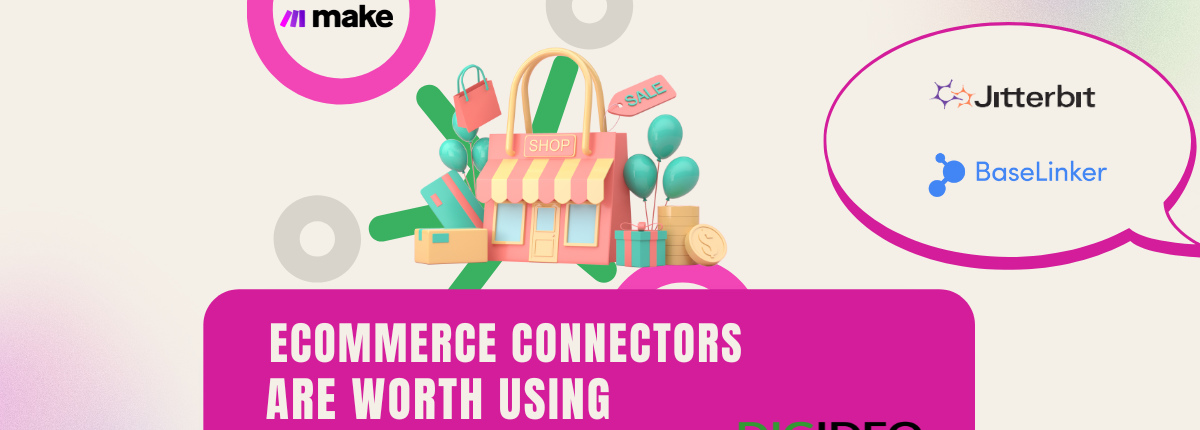

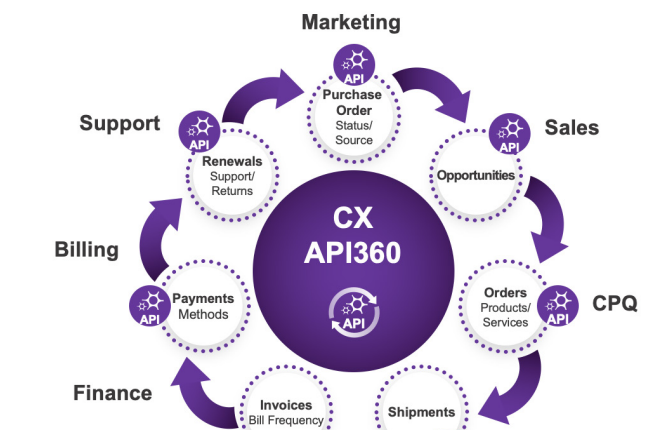

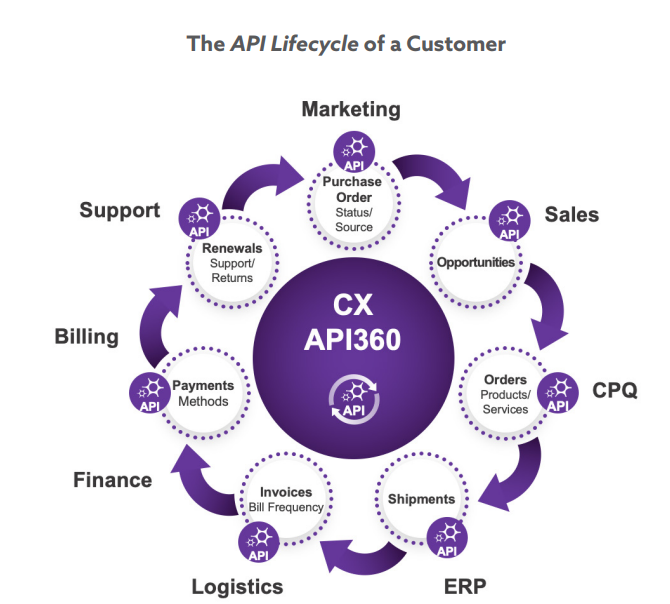
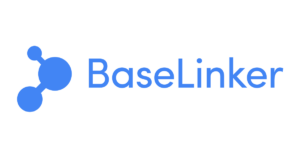




 Digideo
Digideo
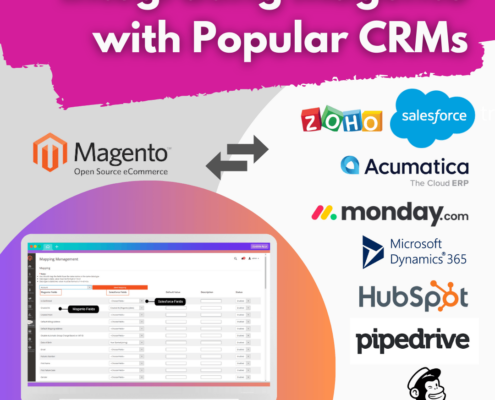 Digideo
Digideo Digideo
Digideo Digideo
Digideo
 Digideo
Digideo Digideo
Digideo
Share this entry